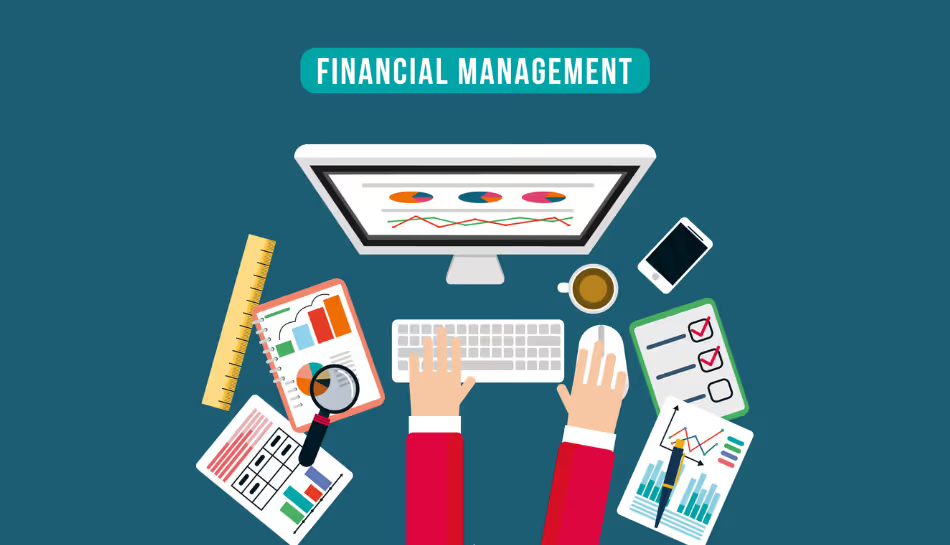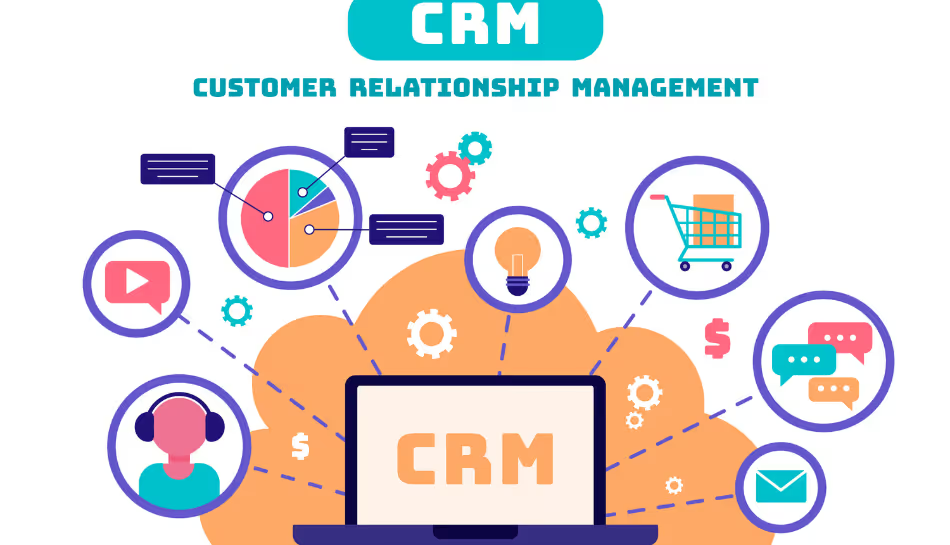In the fast-changing financial sector, technology is the driving force behind innovation, efficiency, and customer satisfaction. From mobile banking apps to investment management platforms, financial software development plays a critical role in helping businesses deliver secure, scalable, and user-friendly solutions. Whether you are a startup building a fintech product or an established bank upgrading its systems, understanding the fundamentals of financial software development can help you make better decisions.
What is Financial Software Development?
Financial software development refers to the process of designing, building, testing, and maintaining software solutions for the financial industry. These solutions can serve a wide range of purposes, managing transactions, processing payments, analysing investments, automating accounting, ensuring compliance, and more.
Applications of financial software include:
- Banking systems – Core banking, online banking, and mobile banking apps.
- Payment gateways – Secure processing of online transactions.
- Accounting software – Automating bookkeeping, invoicing, and tax calculations.
- Investment platforms – Tools for stock trading, portfolio management, and analytics.
- Risk management tools – Monitoring financial risks and ensuring regulatory compliance.
Why Businesses Invest in Financial Software
Companies choose to work with a financial software development company because:
- Efficiency – Automates repetitive financial tasks, saving time and reducing errors.
- Scalability – Supports growing transaction volumes and new service offerings.
- Security – Protects sensitive financial data with encryption and compliance measures.
- User Experience – Enhances customer satisfaction with intuitive, accessible tools.
- Compliance – Ensures alignment with regulations like RBI guidelines, SEBI requirements, PCI DSS, and GDPR.
Key Steps in Financial Software Development
Developing secure and high-performing financial software requires a structured approach:
- Requirement Gathering
Understand the target audience, business goals, compliance needs, and technical specifications. For example, a digital wallet will have different requirements compared to an investment advisory platform. - Design & Architecture
A well-planned architecture ensures performance, security, and scalability. UX/UI design focuses on creating intuitive navigation, while backend design focuses on integrating payment systems, databases, and security protocols. - Development
A financial software development company may use technologies like Java, .NET, Python, or cloud-based platforms depending on the project. Features can include multi-factor authentication, API integrations, and AI-based analytics. - Testing
Testing ensures that the system is bug-free, secure, and compliant with financial regulations. This may include functional testing, security audits, load testing, and user acceptance testing. - Deployment & Maintenance
After going live, continuous monitoring, bug fixes, and updates keep the software secure and efficient. Maintenance also includes scaling infrastructure as user demand grows.
Types of Financial Software
- Banking Software – Core systems, mobile apps, and ATM management.
- Accounting Software – Tools for bookkeeping, payroll, and tax compliance.
- Trading & Investment Platforms – Stock trading systems, robo-advisors, and analytics dashboards.
- Insurance Software – Policy management, claims processing, and underwriting tools.
- Payment Solutions – POS systems, digital wallets, and online payment processing.
Choosing the Right Financial Software Development Company
Partnering with the right financial software development company is crucial for success. Consider:
- Industry Expertise – Experience in banking, fintech, or insurance.
- Security Standards – Proven track record with encryption, authentication, and compliance.
- Customisation – Ability to tailor software to unique business needs.
- Integration Capabilities – Seamless connection with existing systems.
- Post-Launch Support – Reliable maintenance and upgrade services.
Trends in Financial Software Development
- AI & Machine Learning – Fraud detection, predictive analytics, and personalised customer experiences.
- Blockchain – Secure, transparent transactions and smart contracts.
- Cloud-Based Solutions – Scalability and cost-effectiveness for financial services.
- Open Banking APIs – Enabling third-party integration for innovative financial products.
- RegTech Solutions – Automated compliance monitoring and reporting.
Final Thoughts
Financial software development is not just about building technology, it’s about creating secure, efficient, and customer-centric solutions that drive growth. Whether you are developing a mobile banking app, an accounting platform, or an advanced trading system, partnering with the right financial software development company ensures that your project meets both technical and regulatory requirements.
With the right strategy, financial software can help your business stay competitive, improve customer satisfaction, and adapt to the ever-evolving demands of the financial industry.



